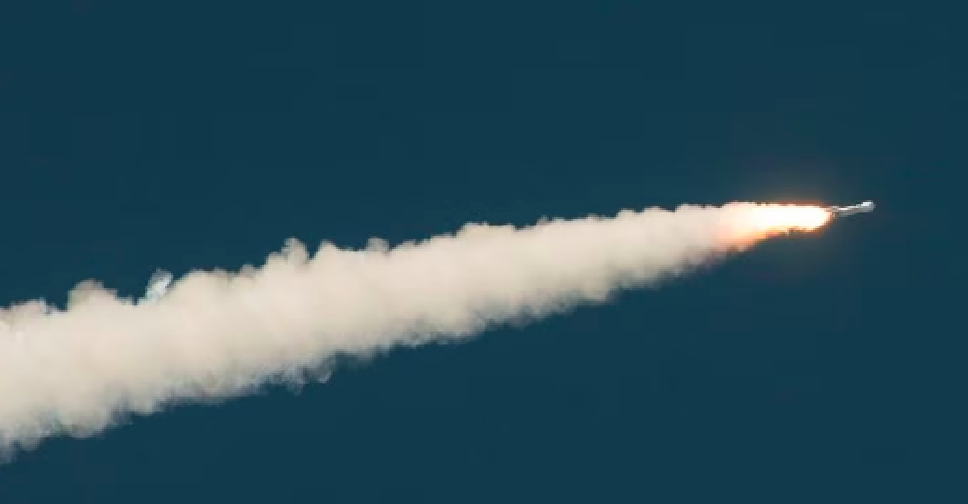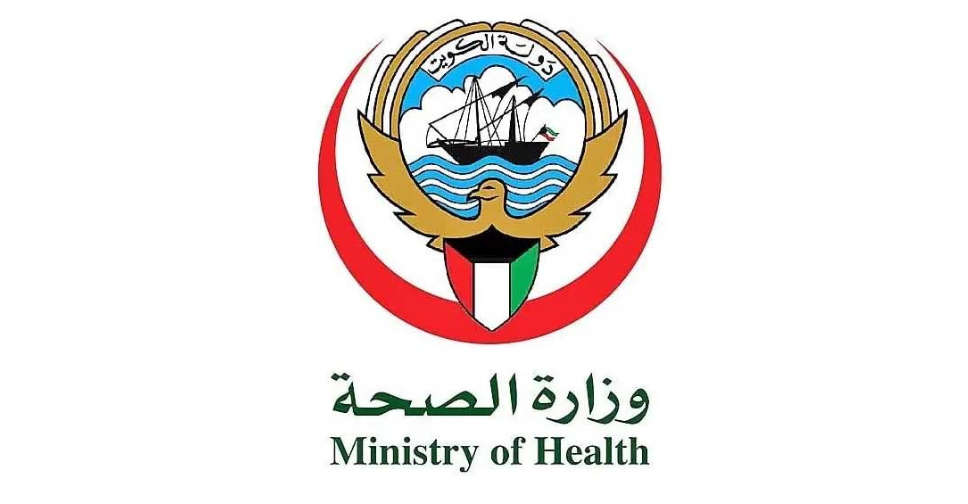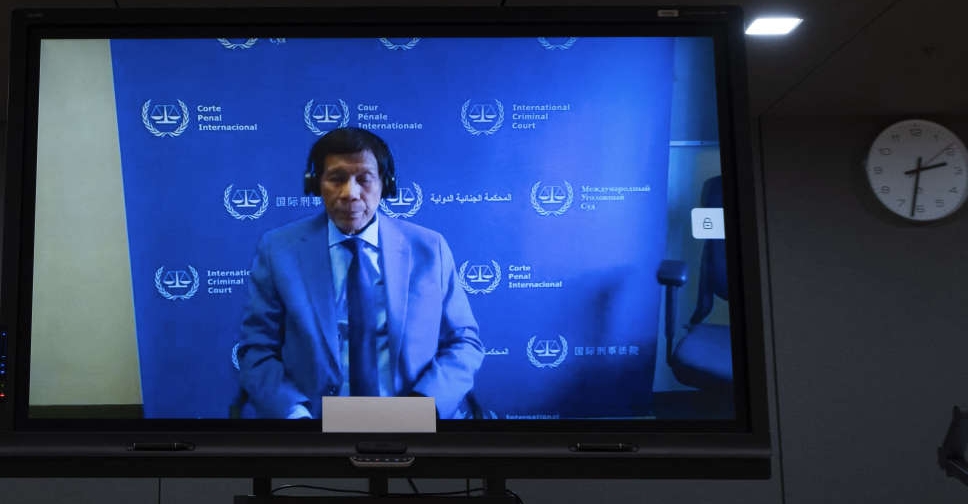
A NASA capsule carrying the largest soil sample ever collected from an asteroid is due to return to Earth on Sunday, expected to streak through the atmosphere and parachute into the Utah desert to deliver its celestial specimen to scientists.
The robotic spacecraft OSIRIS-REx is scheduled to release the gumdrop-shaped capsule, transporting about a cup of gravelly asteroid material, at 6:42 am EDT (1042 GMT) for a final descent to Earth, climaxing a seven-year voyage.
Plans call for the capsule to touch down a little more than four hours later within a 650-sq-km landing zone west of Salt Lake City on the US military's vast Utah Test and Training Range.
Success of the mission, a joint effort between NASA and the University of Arizona, would mark the third asteroid sample, and by far the biggest, ever returned to Earth for analysis, following two similar missions by Japan's space agency ending in 2010 and 2020.
OSIRIS-REx collected its specimen from Bennu, a small, carbon-rich asteroid discovered in 1999 and classified as a "near-Earth object" because it passes relatively close to our planet every six years, though the odds of an impact are considered remote.
Apparently made up of a loose collection of rocks, like a rubble pile, Bennu measures just 500 meters (1,600 ft) across, making it slightly wider than the Empire State Building, but tiny compared with the Chicxulub asteroid that struck Earth some 66 million years ago, wiping out the dinosaurs.
PRIMORDIAL RELIC
Like other asteroids, Bennu is a relic of the early solar system. Because its present-day chemistry and mineralogy are virtually unchanged since forming some 4.5 billion years ago, it holds valuable clues to the origins and development of rocky planets such as Earth.
It may even contain organic molecules similar to those necessary for the emergence of microbes.
Samples returned three years ago by the Japanese mission Hayabusa2 from Ryugu, another near-Earth asteroid, were found to contain two organic compounds, buttressing the hypothesis that celestial objects such as comets, asteroids and meteorites that bombarded early Earth seeded the young planet with the primordial ingredients for life.
OSIRIS-REx launched in September 2016 and reached Bennu in 2018, then spent nearly two years orbiting the asteroid before venturing close enough to snatch a sample of the loose surface material with its robot arm on October 20, 2020.
The spacecraft departed Bennu in May 2021 for a 1.9-billion-km cruise back to Earth, including two orbits around the sun. If mission control commands the release of the sample-return capsule as planned, it will be jettisoned within 67,000 miles of Earth for the final leg of its return flight.
Hitting the upper atmosphere at 35 times the speed of sound, the capsule is expected to glow red hot as it plunges earthward and temperatures inside the vessel peak at 2,800°C.
Parachutes are designed to deploy near the very end of the descent, slowing the capsule to about 11 mph before it falls gently onto the desert floor of northwestern Utah.
The Bennu sample is estimated at 250 grams, far surpassing the 5 grams of material carried back from Ryugu in 2020 or the tiny specimen delivered from asteroid Itokawa in 2010.
Scientists hope the integrity of the capsule and inner cannister bearing the asteroid material will be maintained through re-entry and landing, keeping the sample pristine and free of any terrestrial contamination.
On arrival, the sample will be flown by helicopter to a "clean room" at the Utah test range for initial examination, then transported to NASA's Johnson Space Center in Houston, to be parceled into smaller specimens promised to some 200 scientists in 60 laboratories around the world.
The main portion of the OSIRIS-REx spacecraft, meanwhile, is expected to sail on to explore yet another near-Earth asteroid, named Apophis.




 UN 'deeply disturbed' by strike on Iran school that killed 160 children
UN 'deeply disturbed' by strike on Iran school that killed 160 children
 Saudi confirms attempted attack on oil refinery, no damage
Saudi confirms attempted attack on oil refinery, no damage
 At least four killed in Israeli strike on building in Lebanon's Baalbek
At least four killed in Israeli strike on building in Lebanon's Baalbek
 Kuwait announces death of child from shrapnel wound
Kuwait announces death of child from shrapnel wound
 Philippine lawmakers advance impeachment of Vice President Duterte
Philippine lawmakers advance impeachment of Vice President Duterte






